“We have cut down our forests, that is why it does not rain, and ultimately there will be drought…” Kashi Bai of Barua Sagar village in the Bundelkhand region of Madhya Pradesh, reasons for climate variation simply and translucently in her own language. The climate is changing and knowing this is no rocket science! Seventy years old Kashi Bai may not know about the ‘global warming’ or ‘climate change’ but she strongly feels that there are variations in climate in the region.
Seventy three years old Damyanti aaji of Vankute village in Maharasthra seemed overwhelmed by her childhood memories when she said “in those days we never thought that food, fodder and fuel would become critical issues one day. Our jungles and farms had everything we required in our lives, fruits, berries, vegetables, grains, water, herbs, medicines, cotton and wood. But now it has become difficult to procure food, fodder and fuel. How can one survive without them?”
These are just two of thousands of voices and views, becoming stronger and more real with each passing day. These are not the voices of cities representing some 28% of the country but the ‘rest’ of the majority- the first victims in the multi-dimensional impacts of climate inconsistencies. Changing Climate has become a challenge for survival for the communities living on the fringes- off the artificial ecosystems of dispassionately rising and violently glaring cities in India. More so are going to be its impact on a living culture of this diverse land.
Civilizations have always adapted and learnt. How positive will this adaptation be - is a question that needs much contemplation? Will the growing inequalities based on differential access to natural resources teach the lessons of peace, harmony and co-existence? These are some very real and very immediate questions arising and they surely have a lot to do with the humanitarian impacts of climate change. The progress and development of economies, commodities and the markets are in fact the concerns of that 28% of urban consumer who has the money to buy practically everything (This equally stands true for the global north, which is still adamant on consuming more).
The real challenges for rest of India are still the same, ‘what will happen to the yield, and if the crop fails what will happen to the huge family and their food security and the livestock’. This makes it more vulnerable at this bridging point of man-nature- now an almost classical dilemma of millions of people- whether to adhere to market compliances or stick to the traditional loyalties and relationships with the nature, considering it as ‘the protector’. In this entire discourse the modern science comes at a very later stage and that too with a very little and uncertain role to play. The reason for this is also the science itself – most of us agree on to how it has been made to limit just to support the markets and facilitate the consumers.
Unfortunately the gaps between policies and practices at different verticals in the society-culture, governance, pose challenges and create problems that deteriorate peace and quality of human life as well as natural resources. Today, almost all the regions in the country – arid, semi-arid, tropical, mountains- are witnessing an artificially created imbalance caused by poor planning, ineffective implementation and false aspirations of development beyond sustainability. The results of this are already apparent in those thousands of check dams which are not even designed consideration the basics of rain-water flow and its catchments area, and in many similar projects!
Jatia Bai mentions “Sukhe ke sankat mein bacchan-aurtan ko hi maran hote hai. Mausam ke mijaj badalenge to hum kaise jee sakat hain? Khabe ko ann nahin, haath mein paisa nahin” (It is always women and children who suffer more in the situations of crisis due to drought. We have less food to eat, no money to spend, and have work hard to sustain our families).
The interactions with the local communities and their candid responses would be enough to open the eyes of policy makers, thinkers and all those who are concerned with the global issues of climate change. Disillusioned and distressed though, the men and women of these regions are now trying in their own little ways to find why & how to meet the new challenges. When asked if they were aware of the climate change issues across the globe and its severity, they replied with a clear ‘no’. But they do know that if everyone takes responsibility of one’s land and surroundings, this world would be a better place to live in.
In the words of the 62 years old Sita Dadi, “Bahar ka nai jaante beti, par agar sab apni apni zameen ko bachayein aur sahej ke rakhein kyunki wo bhumi aur jal dhan hai, to sab desh bach jayega.” (I do not know about the outer world. If every person takes care of his/her land and preserves it, as land and water are our wealth, then all places would be saved.)
Question after these interactions leave in mind is - what are we doing to save our world?
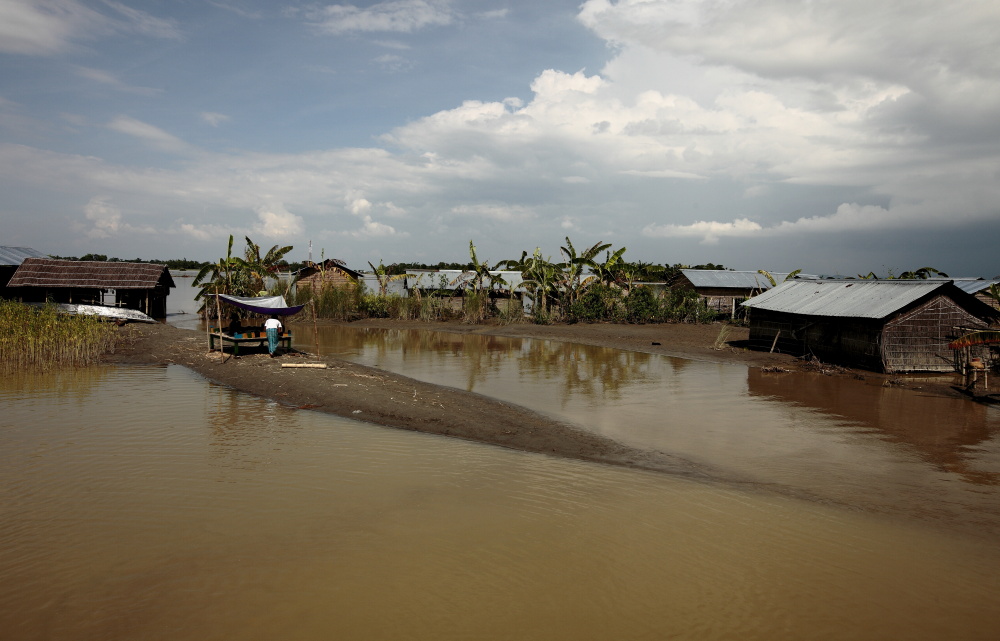
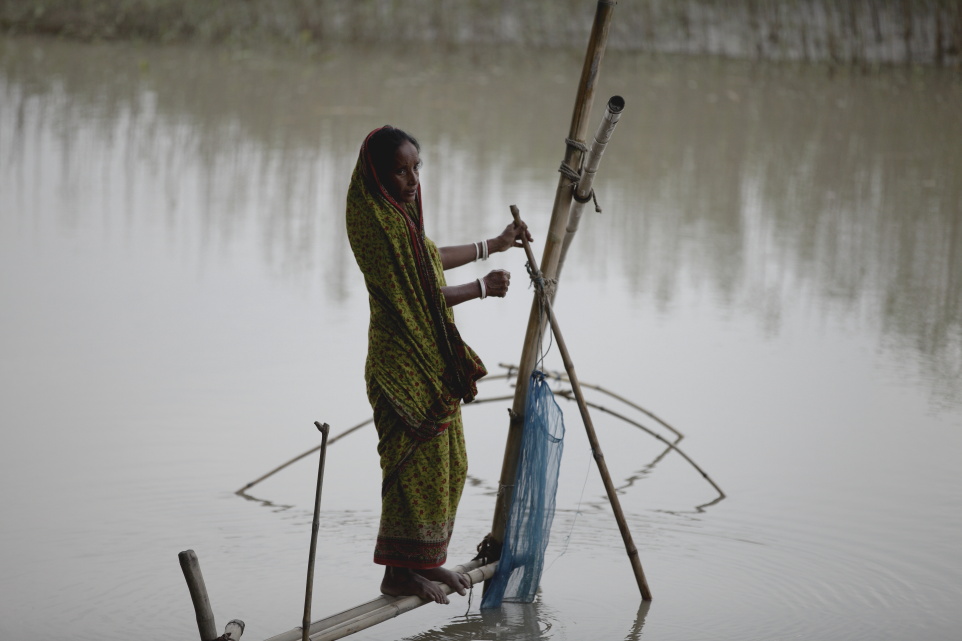
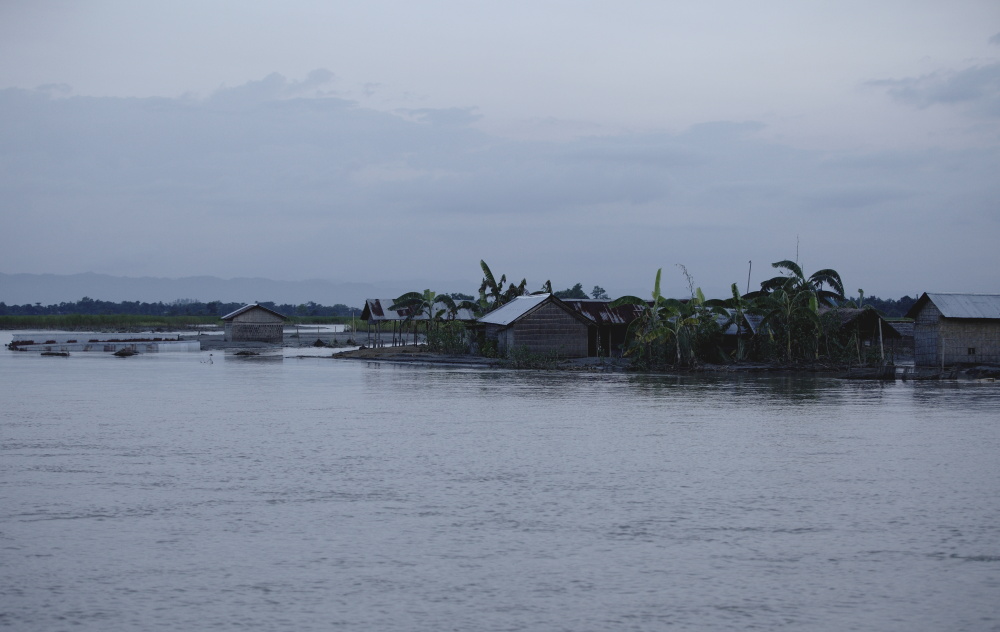
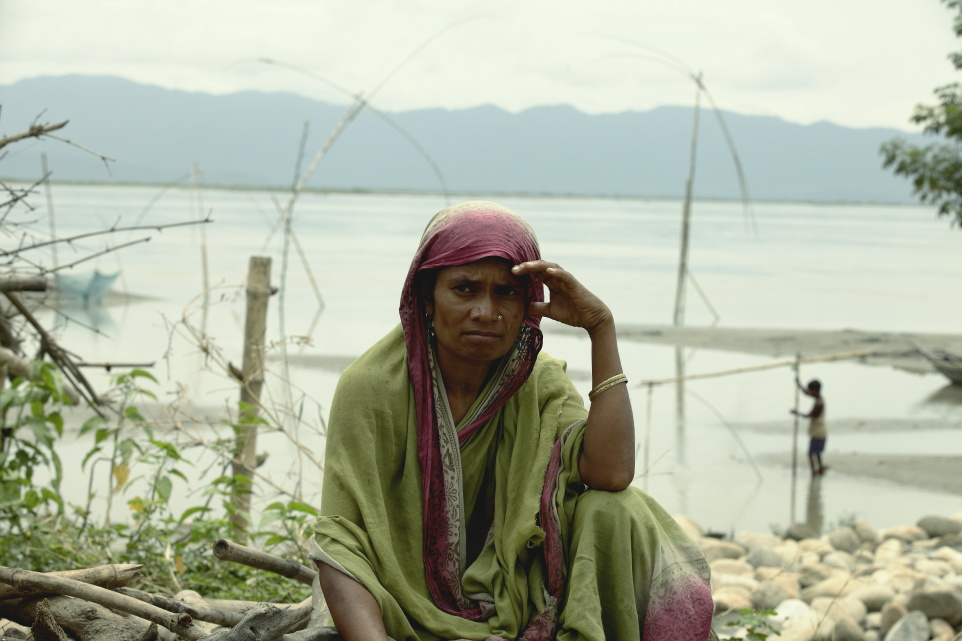
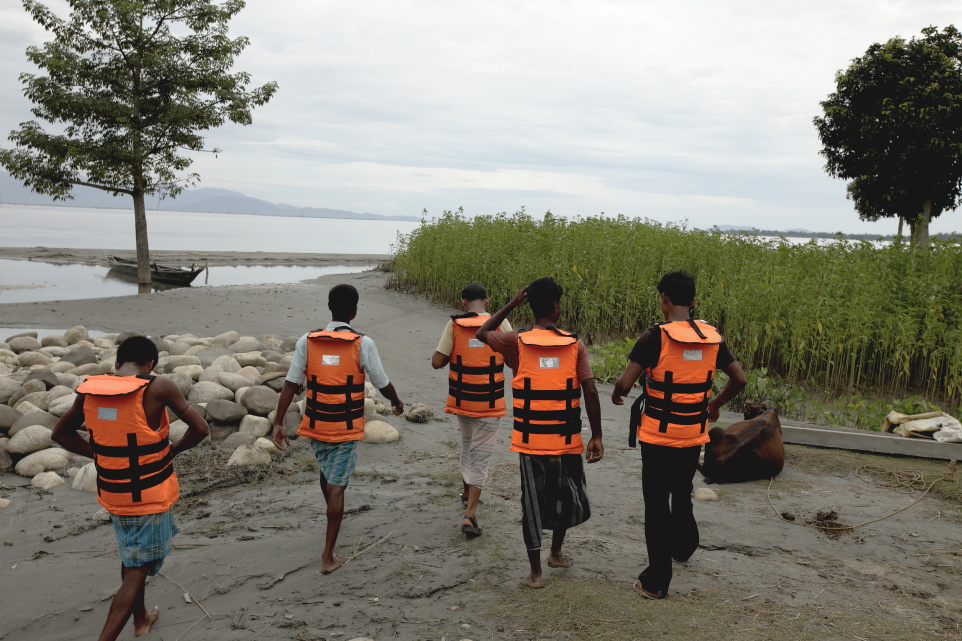
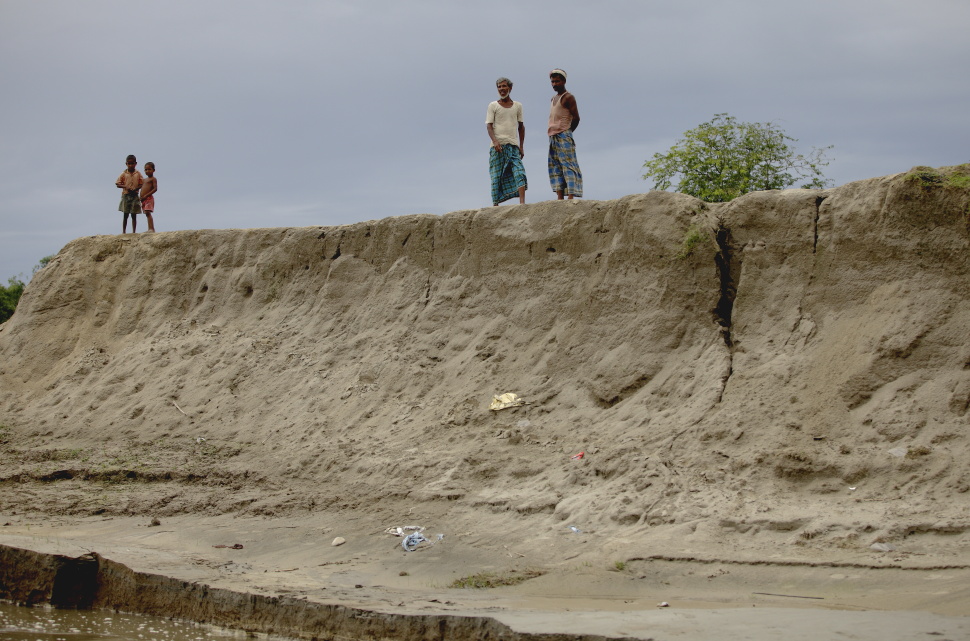
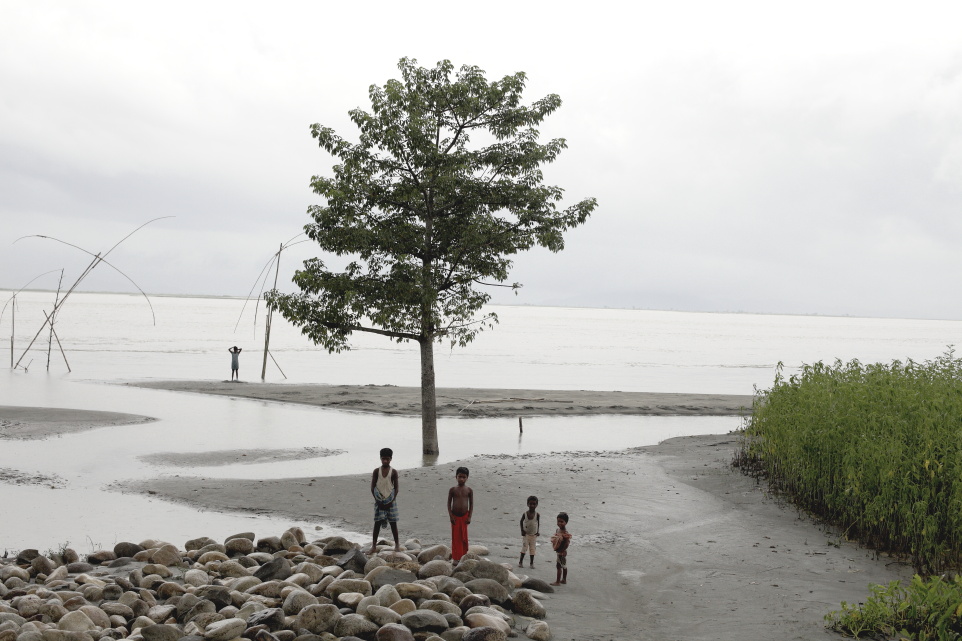
- 9397 reads


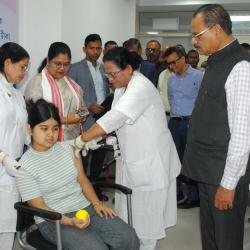





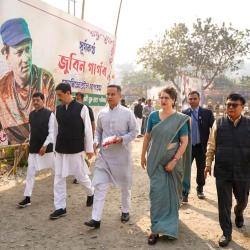

Add new comment